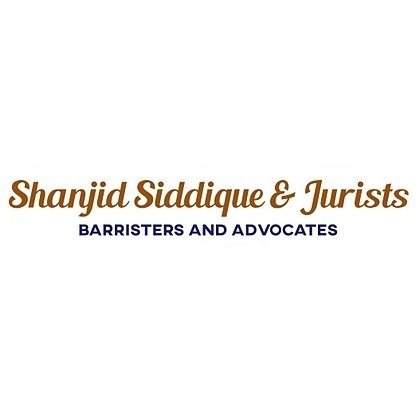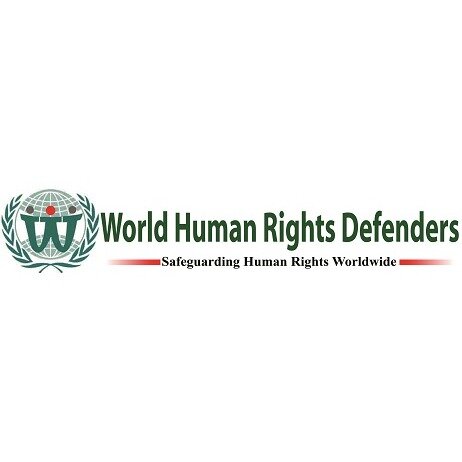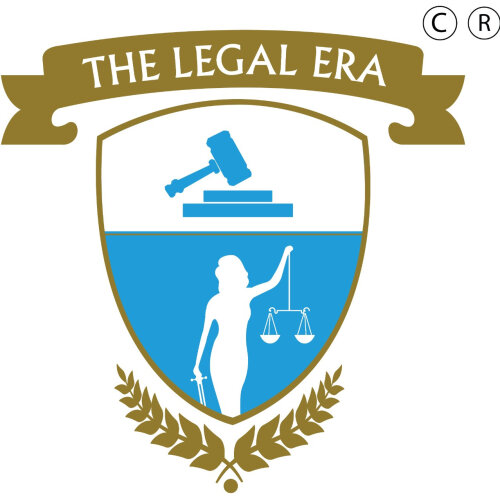Best Constitutional Law Lawyers in Bangladesh
Share your needs with us, get contacted by law firms.
Free. Takes 2 min.
Or refine your search by selecting a city:
List of the best lawyers in Bangladesh
About Constitutional Law in Bangladesh
Constitutional Law in Bangladesh forms the backbone of the nation's legal system. It focuses on the interpretation and implementation of the Bangladeshi Constitution, which establishes the fundamental principles and laws that govern the country. Adopted in 1972, the Constitution of Bangladesh enshrines the rights and responsibilities of the state and its citizens, the separation of powers, and the guidelines for the operation of government structures, thus providing a framework for legal and political governance.
Why You May Need a Lawyer
There are several situations where you might require the assistance of a Constitutional Law lawyer in Bangladesh:
- If you believe your constitutional rights have been violated or if you are accused of violating the Constitution.
- In cases involving disputes over the interpretation of constitutional provisions.
- If you are involved in litigation concerning civil liberties, such as freedom of speech or religion.
- For legal counsel on issues related to government actions or policies that may infringe on constitutional guarantees.
- If you are involved in legislative advocacy or policy-making that may require constitutional expertise.
Local Laws Overview
In Bangladesh, Constitutional Law is primarily derived from the nation's Constitution, which encompasses several key aspects:
- Fundamental Rights: The Constitution guarantees various fundamental rights, including equality before the law, freedom of speech, and religious freedom.
- Separation of Powers: The Constitution outlines the separation of powers among the Executive, Legislature, and Judiciary, each with distinct responsibilities and functions.
- Judicial Review: The Judiciary has the authority to review and nullify laws if they are found to be unconstitutional.
- Amendment Process: The Constitution provides a detailed process for amendments, requiring a two-thirds majority in the Parliament.
- Emergency Provisions: The Constitution allows for the declaration of a state of emergency under certain conditions, affecting rights and governance mechanisms.
Frequently Asked Questions
What is Constitutional Law?
Constitutional Law deals with the rights carved out in the federal and state constitutions, especially the protections afforded by the Bill of Rights and the subsequent amendments.
Can the Constitution of Bangladesh be amended?
Yes, the Constitution can be amended by a two-thirds majority vote in the Parliament, according to its specific provisions.
What are fundamental rights in Bangladesh?
Fundamental rights in Bangladesh include the right to equality, freedom of speech, freedom of movement, religious freedom, and the right to protection of life and personal liberty, among others.
How is the separation of powers structured in Bangladesh?
In Bangladesh, the separation of powers is structured into three branches: the Executive, the Legislature, and the Judiciary. Each branch operates independently to provide checks and balances on the others.
What is judicial review?
Judicial review is the power of the courts to examine the actions of the legislative and executive branches and to declare laws unconstitutional if they contravene the Constitution.
What happens during a state of emergency?
During a state of emergency, certain constitutional rights may be suspended, and the government may exercise increased powers to ensure national security and public safety.
How do I know if my constitutional rights have been violated?
If you believe your constitutional rights have been violated, seek legal counsel to evaluate your situation. An attorney can help determine if a legal infringement has occurred.
Who enforces constitutional rights in Bangladesh?
The Judiciary enforces constitutional rights. Individuals can file petitions in courts to seek justice or redress if they believe their rights have been violated.
Can laws passed by the Parliament be challenged in court?
Yes, laws passed by the Parliament can be challenged if they are believed to be unconstitutional. The Supreme Court has the authority to review such cases.
Is freedom of speech absolute in Bangladesh?
Freedom of speech is not absolute and is subject to reasonable restrictions, including those for maintaining public order and upholding the sovereignty and integrity of the state.
Additional Resources
Here are some resources and organizations that you might find helpful:
- Bangladesh Supreme Court: The apex judicial body for interpreting and applying the Constitution.
- Ministry of Law, Justice and Parliamentary Affairs: The institution responsible for constitutional law-making processes and legislative affairs.
- Bangladesh Bar Council: Provides accreditation, guidance, and oversight of legal professionals within the country.
- Bangladesh National Human Rights Commission: Works to protect and promote human rights, often dealing with constitutional matters.
Next Steps
If you need legal assistance in Constitutional Law, consider the following steps:
- Research: Understand the basics of your issue and how it relates to constitutional provisions. This will help clarify your rights and possible courses of action.
- Consult a Lawyer: Seek professional legal advice. Contact a lawyer specializing in Constitutional Law to discuss your case in detail.
- Document Your Case: Keep detailed records and documentation related to your issue. This will be crucial for your lawyer to assess and build your case.
- Legal Proceedings: If necessary, your lawyer will guide you through the preparation and filing of a case, and will represent you in court.
- Stay Informed: Keep abreast of any legal developments or changes in Constitutional Law that may affect your situation.
Lawzana helps you find the best lawyers and law firms in Bangladesh through a curated and pre-screened list of qualified legal professionals. Our platform offers rankings and detailed profiles of attorneys and law firms, allowing you to compare based on practice areas, including Constitutional Law, experience, and client feedback.
Each profile includes a description of the firm's areas of practice, client reviews, team members and partners, year of establishment, spoken languages, office locations, contact information, social media presence, and any published articles or resources. Most firms on our platform speak English and are experienced in both local and international legal matters.
Get a quote from top-rated law firms in Bangladesh — quickly, securely, and without unnecessary hassle.
Disclaimer:
The information provided on this page is for general informational purposes only and does not constitute legal advice. While we strive to ensure the accuracy and relevance of the content, legal information may change over time, and interpretations of the law can vary. You should always consult with a qualified legal professional for advice specific to your situation.
We disclaim all liability for actions taken or not taken based on the content of this page. If you believe any information is incorrect or outdated, please contact us, and we will review and update it where appropriate.
Browse constitutional law law firms by city in Bangladesh
Refine your search by selecting a city.

















